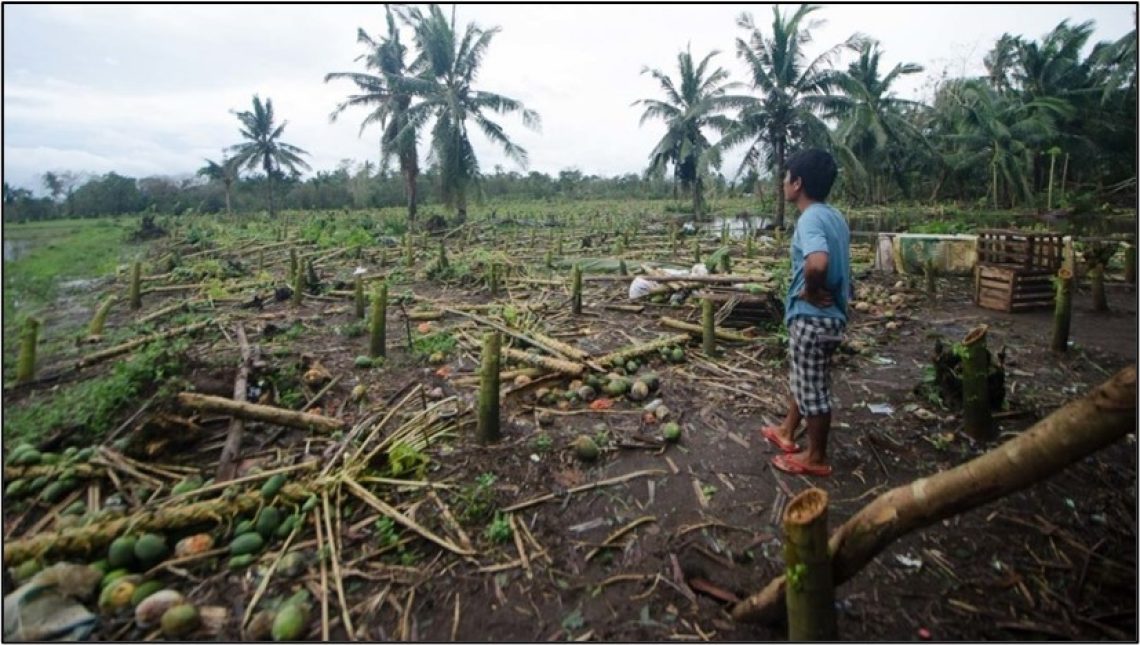Make your 2X MATCHED gift today!
This week only: Every $1 will be matched with $2 to enable women worldwide.
This week only: Every $1 will be matched with $2 to enable women worldwide.
Posted on 05/19/2021

A year into the pandemic, the Government of the Philippines has eased quarantine restrictions, with the majority of the country moving into a less stringent community quarantine order. However, the economy is struggling to recover from the effects of COVID-19 lockdowns. Agriculture is a particularly hard-hit sector, not only because of the quarantine restrictions but also due to three devastating typhoons: total agricultural damage incurred by the country in the last quarter of 2020 amounted to PHP 4.6 billion.
While everyone is feeling the effects of these crises, smallholder farmers, micro-agribusinesses, and agricultural cooperatives have faced the steepest challenges to recovery. The lack of means to transport raw materials and manufactured goods has gravely disrupted farm and business operations, which set off a snowball effect on the country’s economic productivity.
Grameen Foundation's F2F COCOs program, which aims to promote sustainable food security practices and agricultural production for the Philippines' coconut farmers, continues its work despite these challenges. F2F COCOS works with various host organizations in the coconut sector by pairing them with volunteers to implement best practices, and promote sustainable improvements in food security and agriculture processing, production, and marketing.
Explore our Notes from the Field to learn more about these volunteer experiences.
To better understand the continuing effects of the pandemic on the coconut sector, Grameen Foundation interviewed 13 F2F COCOS host organizations.
Here's what we found:
While all of these agricultural organizations grapple with these issues, they remain optimistic that the next six to twelve months will help them rebound. Microfinance institutions and cooperatives also predict an increase in demand for loans and deposit products.
In response to these findings, F2F COCOs is focusing on deploying volunteers to help create e-commerce platforms, improve strategic planning, and develop market research. We remain committed to our partners in the Philippines, together lifting smallholder farmers and agribusinesses over the hurdles they face in the wake of the pandemic.